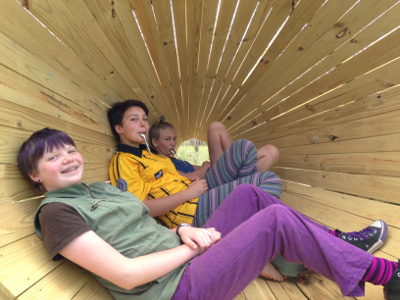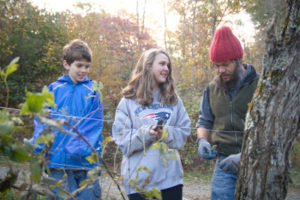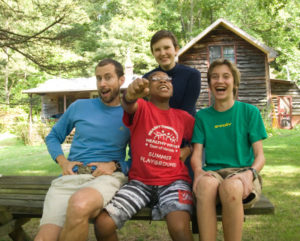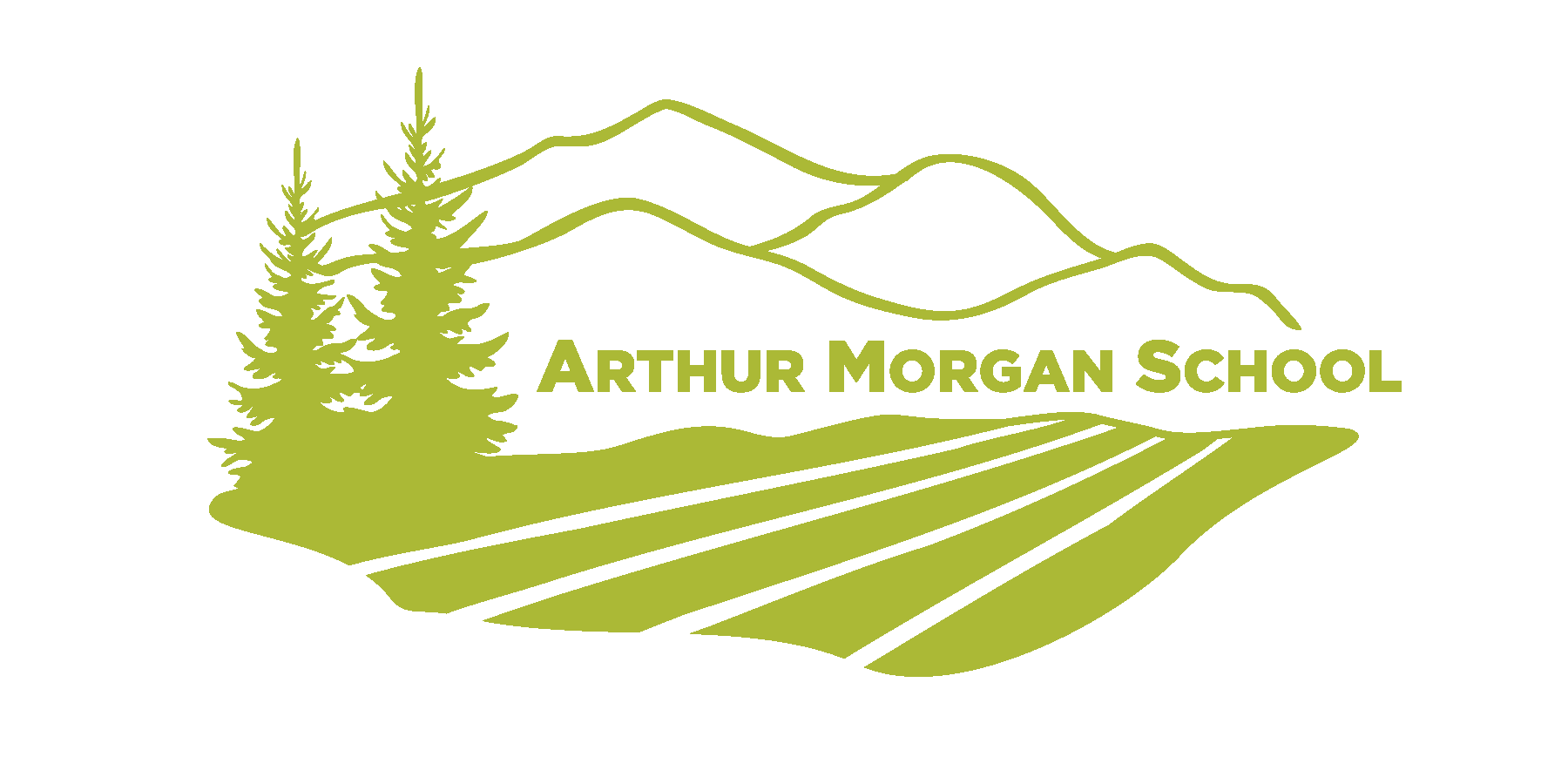What is a Middle Schooler?

When I ask friends and parents what they remember about being in middle school, they almost all say the same thing, “Being a middle schooler was hard.” They rarely say it was fun or enjoyable. They mostly just remember the emotional roller coaster all of us felt as we took those first steps from childhood into the adult world. What is a middle schooler though? And what exactly are they going through?
Changing Bodies, Changing Minds
Middle school is a time of heightened self-awareness. Their body is changing rapidly. Boys can experience up to ten testosterone surges a day. Girls experience weekly hormonal changes as their menstrual cycle works itself out. Their bodies require more care and attention just as they suddenly seem out of control.
Middle schoolers’ minds are also developing. Their brains are testing and strengthening neural connections needed for new skills like strategizing and increased self control. Their imagination and creativity increase. They begin to explore their ideals, to understand nuance, and to problem solve.
 As middle schoolers compare their ideals and emerging sense of possibility to concrete realities, they experience a battle between what they want to happen and what is actually possible. They discover the difference between what they hold as ideal and what they see or experience in reality. This internal conflict results in uncertainty and a variety of intense emotions.
As middle schoolers compare their ideals and emerging sense of possibility to concrete realities, they experience a battle between what they want to happen and what is actually possible. They discover the difference between what they hold as ideal and what they see or experience in reality. This internal conflict results in uncertainty and a variety of intense emotions.
Growing Up Means New Questions
In order to emerge as successful young adults, middle schoolers need a wide range of experiences. Through a variety of activities they practice decision-making and try out new, more subtle ways, of socializing. They figure out who they want to be by testing their morality against a clearly defined, positive value system.
Middle schoolers need genuine acceptance of their emotions and know they are being heard, They also need opportunities to make mistakes as they test their new intellectual, social, and physical powers. The real work of middle schoolers is to figure out their personal identity, to answer the questions “Who am I?” and “How am I useful?”
Identifying Middle Schooler’s Needs
If a middle schooler could articulate how they need the adults in their life to act, the list would look something like this:
- Accept and acknowledge my emotions.
- Listen without judgment. Don’t tell me what to do or try to solve what you see as my problem. Instead, ask questions that help me think through my problems or bring clarity to my confusion.
- Understand that this is a time when I am very self-involved and often believe others are thinking and feeling what I am.
- Understand and accept that my friends are very important to me as I move from the circle of my family into the outside world. I am trying both to belong and be accepted by my peers. I am also trying to distinguish myself from my family and my peers as a unique individual.
- Realize I am not in control of my hormones or my body’s development and that I am concerned about whether or not I am normal.
- Understand that I may be very disappointed with the world or with adults in my life because my developing brain is creating concepts of the ideal. I am surprised at the contrast between my ideals and reality.
- Understand that just as I did not learn to walk or talk overnight, I will not learn to control my emotions and impulses quickly. To learn to plan well and make good decisions, I need real experiences and the opportunity to make mistakes and take responsibility for them.
- Provide me with experiences that affirm my growing capabilities and that allow me to learn how I am useful in my family, peers, and my community.
 A School Created for Middle Schoolers
A School Created for Middle Schoolers
At Arthur Morgan School, we are a community dedicated to helping middle schoolers develop into capable young adults. Our program is designed to challenge and affirm young teenagers as they grow. In addition to academic classes and internships, they are deeply involved with the daily operation of the school.
Students assume adult responsibility for themselves and learn to contribute to their boarding households and the rest of campus. They participate in consensus decision-making. While on trips, they test themselves physically and learn to thrive in the wilderness. They also participate in service work in the local community and on field trips. As one of our graduate’s parents reflected on their child’s experience, “AMS was life changing!”
By Lisa Shultz, Board Member
